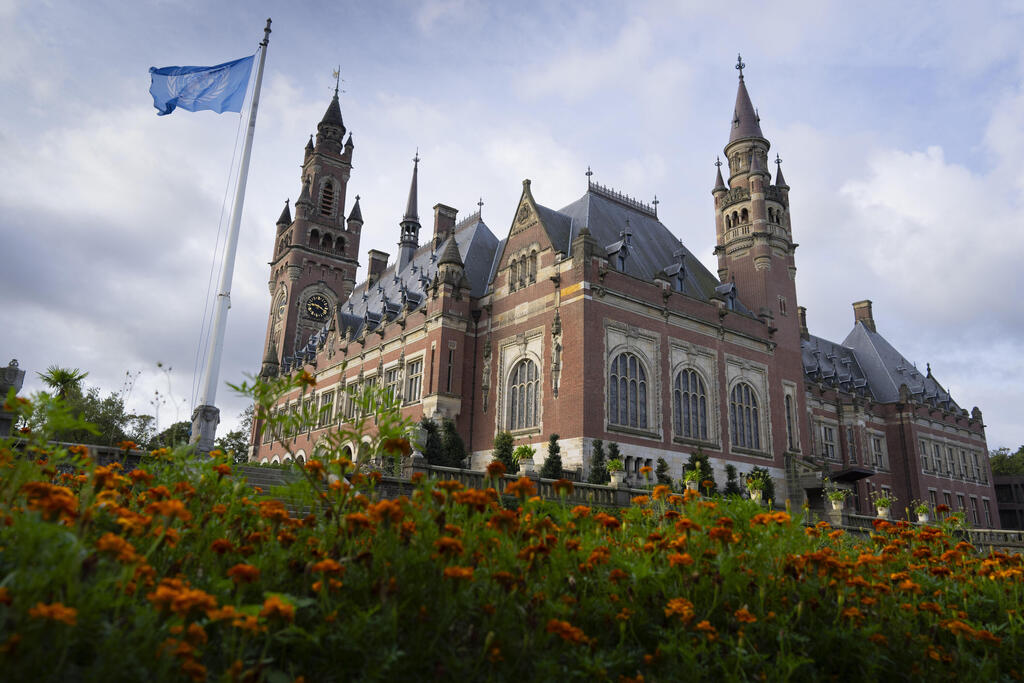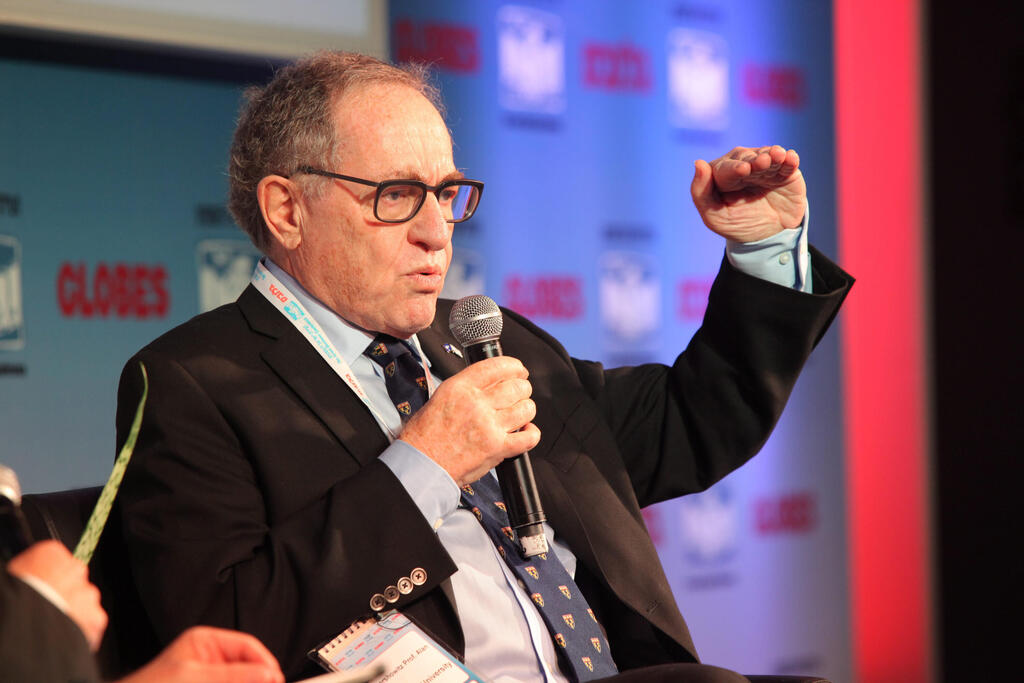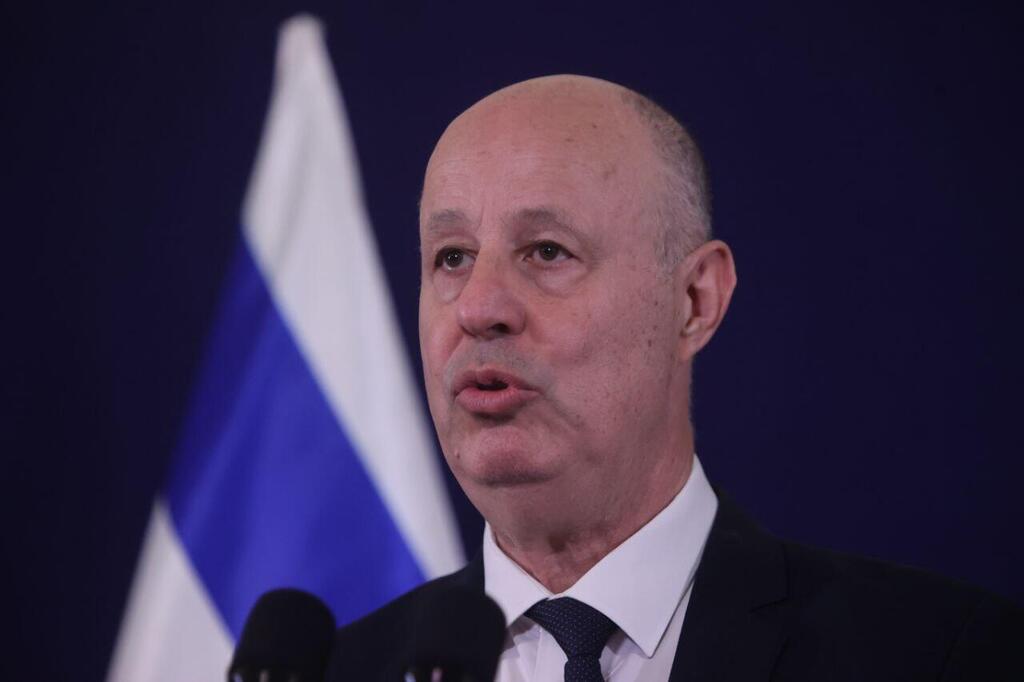Getting your Trinity Audio player ready...
Israel is considering requesting the appointment of a preferred judge to the International Criminal Court (ICC) to oversee a petition filed by South Africa, accusing Israel of committing "genocide" in Gaza. Israel is anticipated to soon notify the court of its decision, which may include nominating an Israeli judge.
Read more:
In an unprecedented move, Israel plans to present its case at the ICC in The Hague, aiming to dismiss Pretoria's petition for an interim order demanding the immediate suspension of Israeli military actions in Gaza, National Security Adviser Tzachi Hanegbi told Ynet on Monday.
According to procedure, any country facing challenges at the ICC is entitled to pick a judge of its choice for the 15-member panel. The plaintiff also has the right to nominate a preferred judge. Israel is permitted to have up to four representatives in the legal proceedings.
During high-ranking discussions with Prime Minister Benjamin Netanyahu, Israeli officials have floated the name of U.S. legal scholar Alan Dershowitz as a potential candidate for the role.
One official expressed his frustration with the proceedings, claiming "It's an attempt to flip the script. Israel was a founding member of the International Criminal Court in the 1950s, after the Holocaust. Who would have thought that today they're trying to accuse us of targeted killings when it's Hamas that carries out deliberate killings."
Speaking to Ynet on Monday, National Security Adviser Hangebi said "The Jewish people have experienced genocide more profoundly than any other nation, with six million of our people brutally slaughtered."
"A similar cruelty was inflicted on Israeli citizens in the massacre of October 7, but this time we have the capability to defend ourselves against those seeking our destruction. The absurd petition against the right of the victim to self-defense is disgraceful, and we expect all civilized nations to stand with our determination."
The decision from the discussions is that Israel will attend the hearing for an interim order, usually scheduled one to one and a half months after submission, to contest South Africa's claim. The hearings regarding the claim may extend over four to six years. Israel's immediate focus, however, is on preventing an interim order that might force a cease-fire in Gaza.
Israel also plans to employ diplomatic pressure to rally support against South Africa and its initiative. Israel has substantial legal arguments to dismiss South Africa's claim, one being the lack of dispute in international forums that Israel committed genocide in Gaza. Even South Africa has not previously made such a claim, and Israel has not had to respond to such an accusation. It is still unclear which Israeli representative will appear before the court, whether it will be a diplomat, a lawyer or another high-ranking Israeli official.
Israel was informed of the lawsuit last Friday. South Africa, known as one of the Palestinians' staunchest supporters in the international community, has consistently criticized Israel, often drawing parallels between the Palestinian struggle and the black resistance against the apartheid regime in the previous century.
In 2018, South Africa recalled its ambassador from Israel and has not appointed a successor since. Last month, in response to the attacks in Gaza, South Africa withdrew all its diplomats and announced a reevaluation of its diplomatic ties with Israel.
Amid escalating tensions between the nations, Jerusalem's Foreign Ministry recalled its ambassador to South Africa for discussions. The action protests recent severe remarks from top South African figures, notably President Cyril Ramaphosa, who accused Israel of perpetrating genocide in Gaza. Ramaphosa, seeking an investigation by The Hague's International Court into alleged Israeli "war crimes and crimes against humanity," declared Gaza "a concentration camp."






